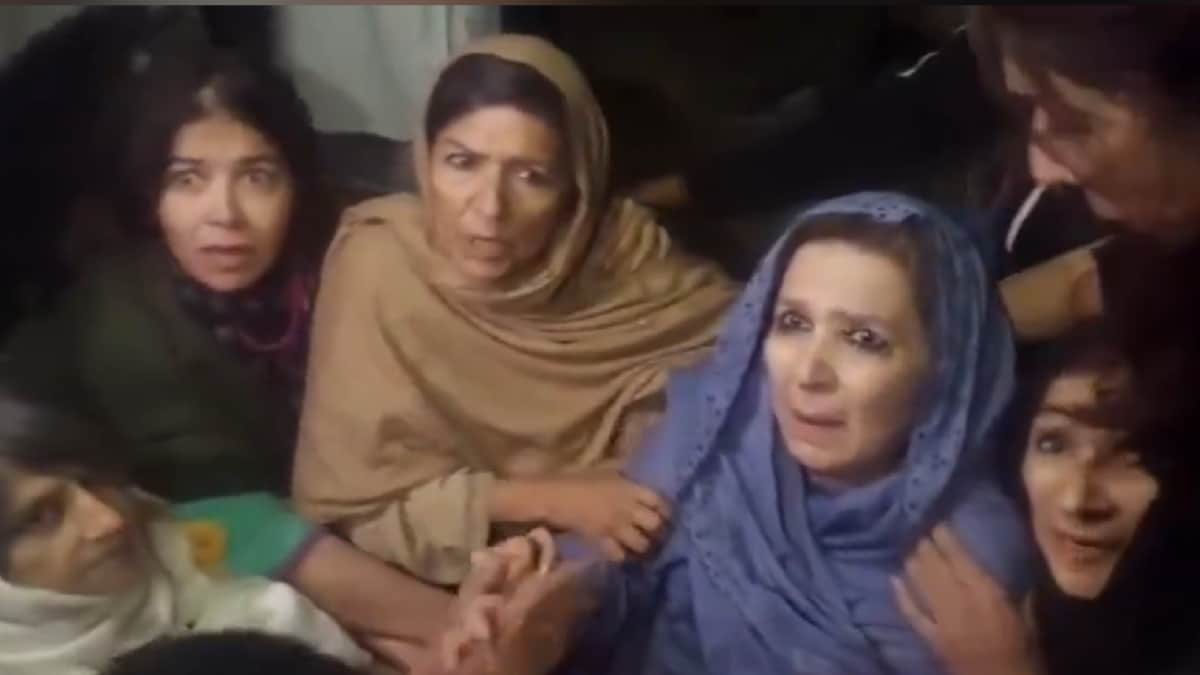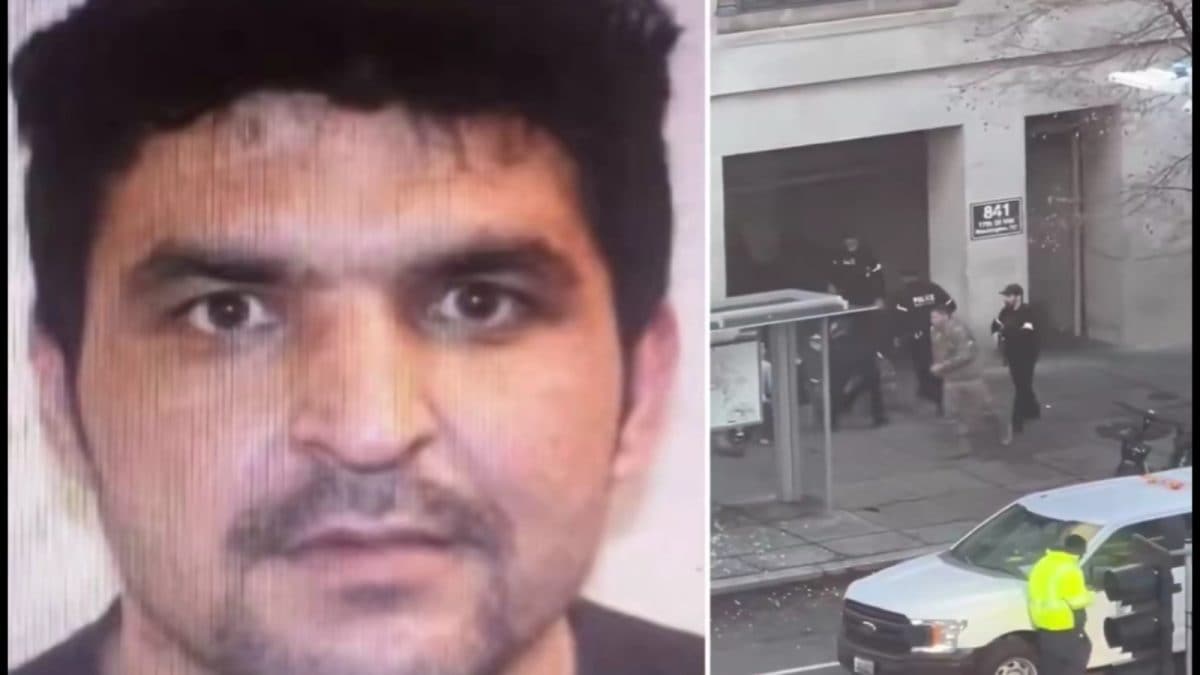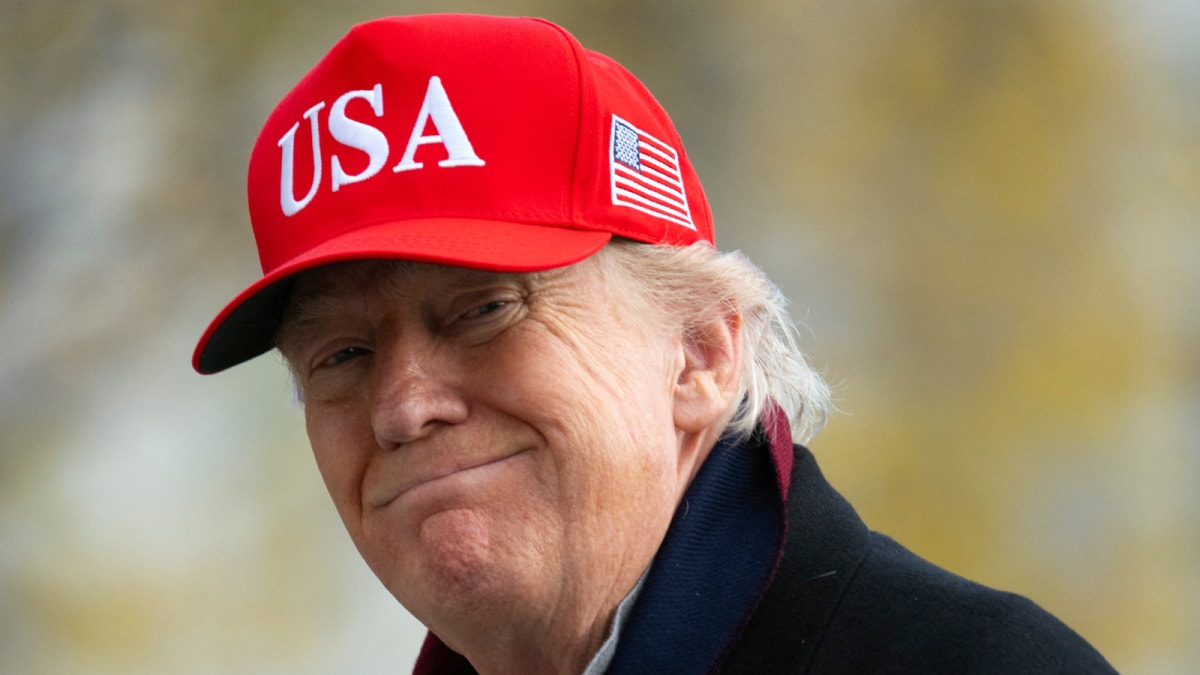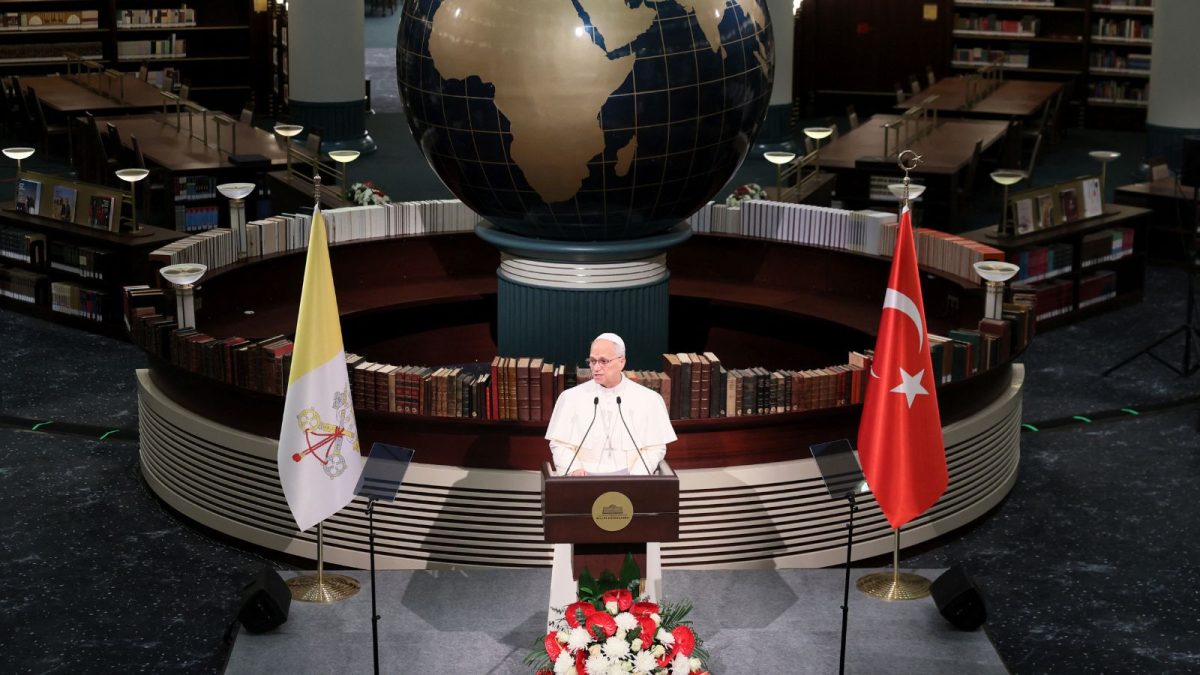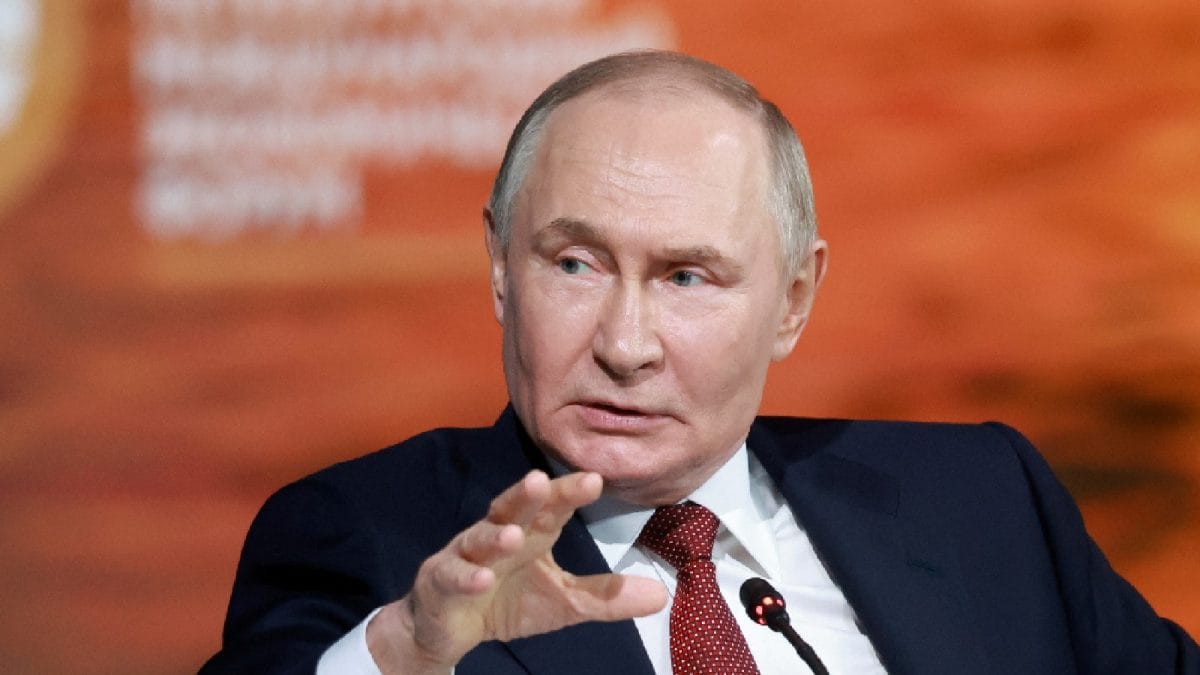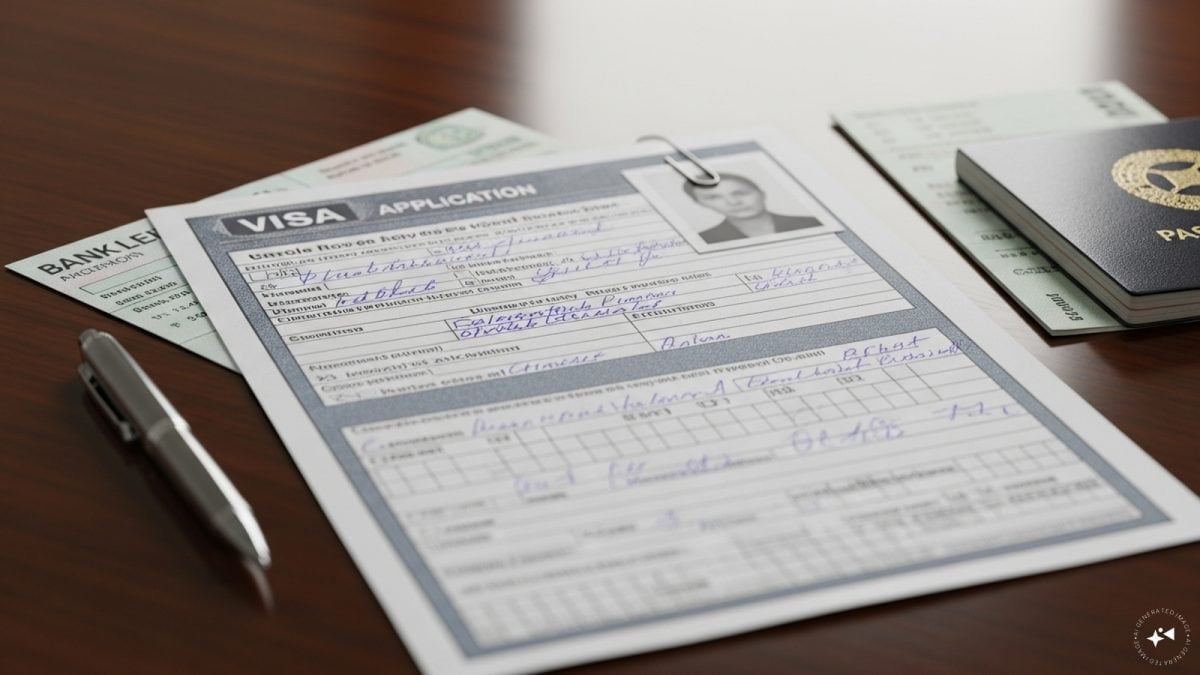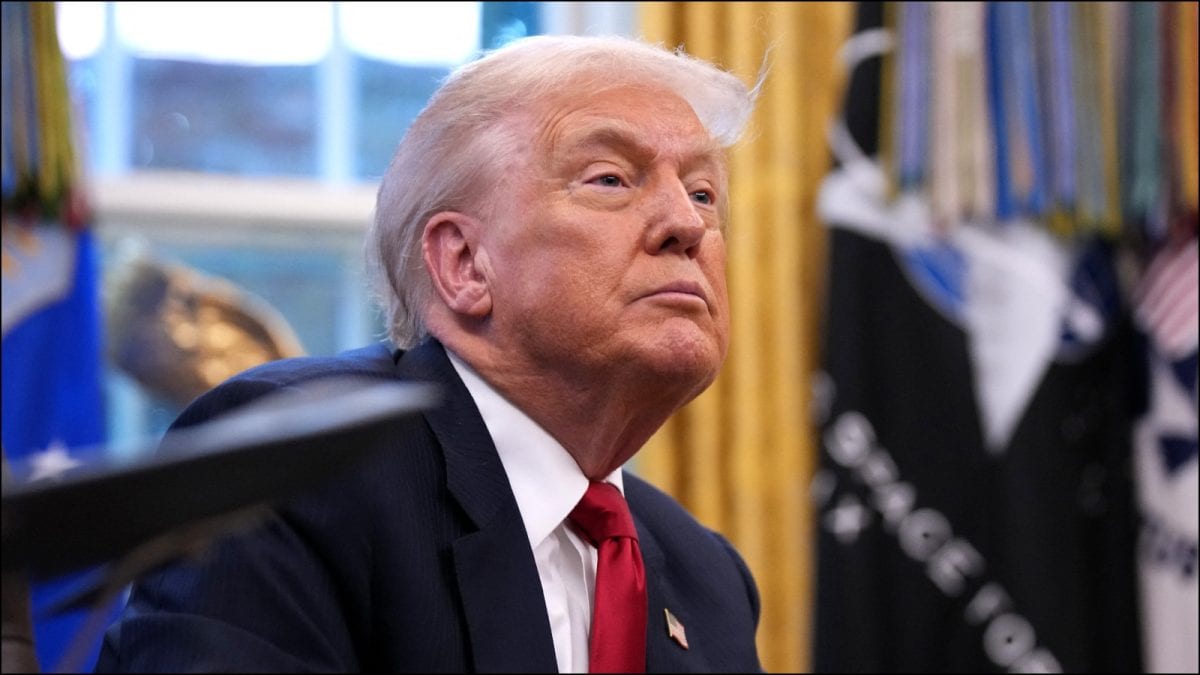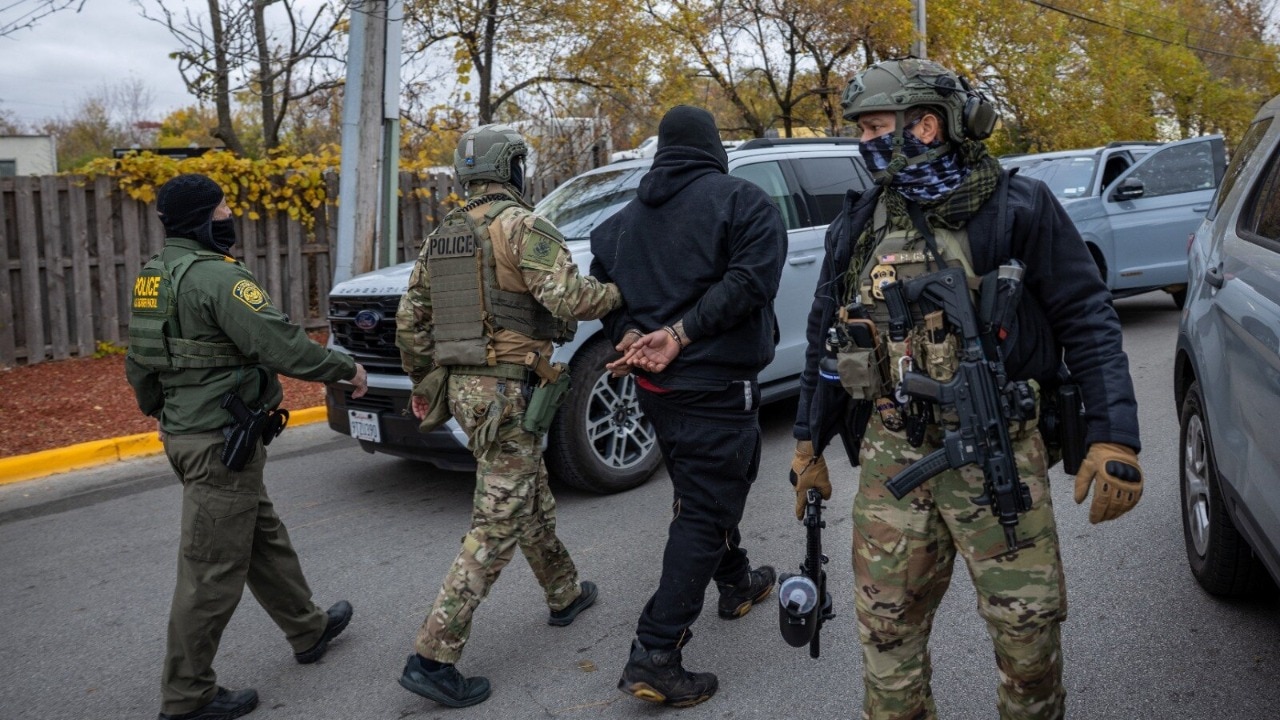Last Updated:October 08, 2025, 09:46 IST
With no majority in parliament, President Macron faces mounting pressure to either call early elections, name a new PM, or step down himself

Sebastien Lecornu is a close ally of President Emmanuel Macron. (AP Photo)
France has entered another phase of political instability after Prime Minister Sebastien Lecornu resigned on Monday, just 27 days after taking office. Lecornu, a close ally of President Emmanuel Macron and the country’s former defence minister, became France’s third prime minister in a year and the fifth since 2022. His resignation came barely a day after announcing a new cabinet, marking the shortest tenure of any French PM in the history of the Fifth Republic, which began in 1958.
Lecornu had been appointed on September 9 to replace François Bayrou, who stepped down following the rejection of controversial austerity measures in parliament. Lecornu’s brief was to steer the government through a deadlocked Assembly, where no party commands an outright majority. But within hours of forming his government, Lecornu lost the support of the right-wing Republicans (LR) party, a key coalition partner.
Bruno Retailleau, the president of LR, who was expected to become interior minister, announced his party’s withdrawal from the coalition after learning that former finance minister Bruno Le Maire had been appointed defence minister. Speaking to broadcaster TF1, Retailleau said Lecornu had not informed him that Le Maire would be part of the new government. He wrote on X that the new cabinet did not “reflect the promised break" from pro-Macron policies.
Le Maire, seen as a symbol of Macron’s economic agenda and blamed by critics for France’s high public deficit, became the focal point of backlash. Lecornu later said, “The conditions were not fulfilled for me to carry out my function as prime minister," in an emotional televised address. He added, “One must always put one’s country before one’s party," blaming opposition leaders for refusing to cooperate.
Why France’s Parliament Is In A State Of Gridlock
The root of the current political chaos lies in the outcome of snap parliamentary elections Macron had called in June 2024. The gamble backfired, leaving France with a hung parliament. Macron’s centrist-conservative alliance holds 210 seats in the 577-member lower house, well short of the 289 needed for a majority. Meanwhile, the left and far-right blocs together control more than 320 seats, making legislation extremely difficult to pass.
The deep ideological divide between the far-right Rally (RN), led by Marine Le Pen, and the leftist France Unbowed party means coalition-building has become a near-impossible task. Macron has tried to navigate the gridlock by forming coalitions on a per-policy basis, but the approach has repeatedly collapsed under internal disagreements and political posturing.
After Lecornu’s resignation, Macron asked him to continue as caretaker prime minister until Wednesday and hold “final negotiations" with all political parties to explore any remaining path to stability. Lecornu, in a statement late on Monday on X, said he accepted the task and would report back by Wednesday evening, so the President can then “draw his own conclusions."
Can Lecornu Still Return As Prime Minister?
Though Lecornu resigned and submitted his cabinet’s resignation to the Élysée Palace, the door to his return is technically still open. The withdrawal of Bruno Le Maire from government could theoretically allow Lecornu to attempt another round of negotiations.
A French presidential official was quoted in AFP as saying, “Even were his mission to succeed, his reappointment as premier would not be automatic."
Paul Taylor, senior visiting fellow at the European Policy Centre, pointed out that “the fundamentals of the problem remain the same: with or without Le Maire, they [the other parliamentary blocs] don’t agree on the budget, pension reform, immigration and so forth."
This means that even if Lecornu manages to propose a viable government, there is no guarantee that it would survive a vote of confidence in the fractured parliament.
Will Macron Appoint A New Prime Minister Again?
One of Macron’s options is to appoint a completely new prime minister. But this would make it the eighth prime minister of his presidency and the third in 2025 alone, undermining France’s international reputation and highlighting the instability of his government.
The left has demanded that Macron choose someone who would adopt a more expansive budget. However, even if such a figure were appointed, they might not be able to garner support across the fragmented left-wing blocs. AFP quoted Eurasia Group risk analysis firm as saying that “another PM could be toppled within weeks, making a new legislative election almost inevitable."
Edouard Philippe, Macron’s former prime minister from 2017 to 2020 and now leader of the centrist Horizons party, has publicly called on Macron to appoint a caretaker prime minister and then hold early presidential elections. Speaking on France’s RTL Radio, Philippe said France must “emerge in an orderly and dignified manner from a political crisis that is harming the country," adding, “Another 18 months of this is far too long."
Will France Head For Early Elections?
Macron has long resisted the idea of fresh elections, especially after his snap polls in June 2024 backfired. However, with Lecornu’s failure and no clear successor in sight, pressure is mounting.
A presidential official told AFP that Macron would “assume his responsibilities" if Lecornu’s final attempt fails, widely interpreted as a hint that early legislative elections are now back on the table. Marine Le Pen echoed that view, telling reporters, “We have reached the end of the road. There is no other solution. The only wise course of action in these circumstances is to return to the polls."
The far-right RN, which currently has a significant presence in parliament, is expected to gain even more seats if elections are held. This could allow Le Pen’s protégé, Jordan Bardella, to become the next prime minister. However, it is not guaranteed that a new election would change the outcome from last July.
Could Macron Be Forced To Resign?
Macron, whose presidential term ends in 2027, has consistently ruled out resigning. Stepping down would trigger early presidential elections, an outcome he has deemed unacceptable in the past. But as France’s political impasse worsens, resignation is no longer a fringe idea.
Opposition parties from both the far-right and the far-left have called on Macron to step down. RN leader Le Pen said, “This raises a question for the president of the republic: Can he continue to resist the legislature dissolution?" Meanwhile, members of France Unbowed party echoed the same demand.
Gabriel Attal, Macron’s former PM and leader of the Renaissance party, also distanced himself, telling TF1, “I no longer understand Macron’s decisions and it is time to try something else."
According to Jacob Ross, “People are seriously speculating that he might step down, and his allies are seeing him as political [dead] weight."
AFP quoted Celia Belin of ECFR as saying that if snap elections fail to produce a governing majority, “the political crisis could turn into a regime crisis. In this case, President Macron’s ability to stay in power could be questioned."
France’s Global Image And Domestic Discontent
The political crisis is not just limited to France’s Assembly; it is increasingly affecting President Macron’s stature abroad as well. France is the European Union’s second most populous and economically significant member state, and sustained instability at the top could weaken its influence within the bloc and on the international stage.
But it is the domestic picture that appears even more precarious. From the Yellow Vest protests in 2018 over fuel taxes to the 2023 uproar against pension reforms, Macron’s presidency has been repeatedly rocked by street anger.
Lecornu’s brief tenure was an attempt to restore political calm. He dropped some of former PM Bayrou’s most controversial measures, such as the holiday clause, and pledged to eliminate long-standing elite privileges. But even after weeks of negotiations with all major parties, he failed to secure the consensus needed to govern.
“There is a numb anger in the voter base, a sense that politicians are playing around, and a huge part of the French electorate is disgusted," Al Jazeera quoted Jacob Ross as saying. The political paralysis, he warned, “is a potentially promising starting position to call for new elections but also a referendum on topics like migration and even France staying on in the European Union."
Such a scenario, while speculative, reflects a broader fear: that continued instability in the French system, without a clear path forward, could open the door to more radical political shifts.

Karishma Jain, Chief Sub Editor at News18.com, writes and edits opinion pieces on a variety of subjects, including Indian politics and policy, culture and the arts, technology and social change. Follow her @kar...Read More
Karishma Jain, Chief Sub Editor at News18.com, writes and edits opinion pieces on a variety of subjects, including Indian politics and policy, culture and the arts, technology and social change. Follow her @kar...
Read More
First Published:
October 08, 2025, 09:46 IST
News explainers With Lecornu Now The Fifth French PM To Quit In 3 Years, Is Macron’s Presidency On The Brink?
Disclaimer: Comments reflect users’ views, not News18’s. Please keep discussions respectful and constructive. Abusive, defamatory, or illegal comments will be removed. News18 may disable any comment at its discretion. By posting, you agree to our Terms of Use and Privacy Policy.
Read More

 1 month ago
1 month ago


